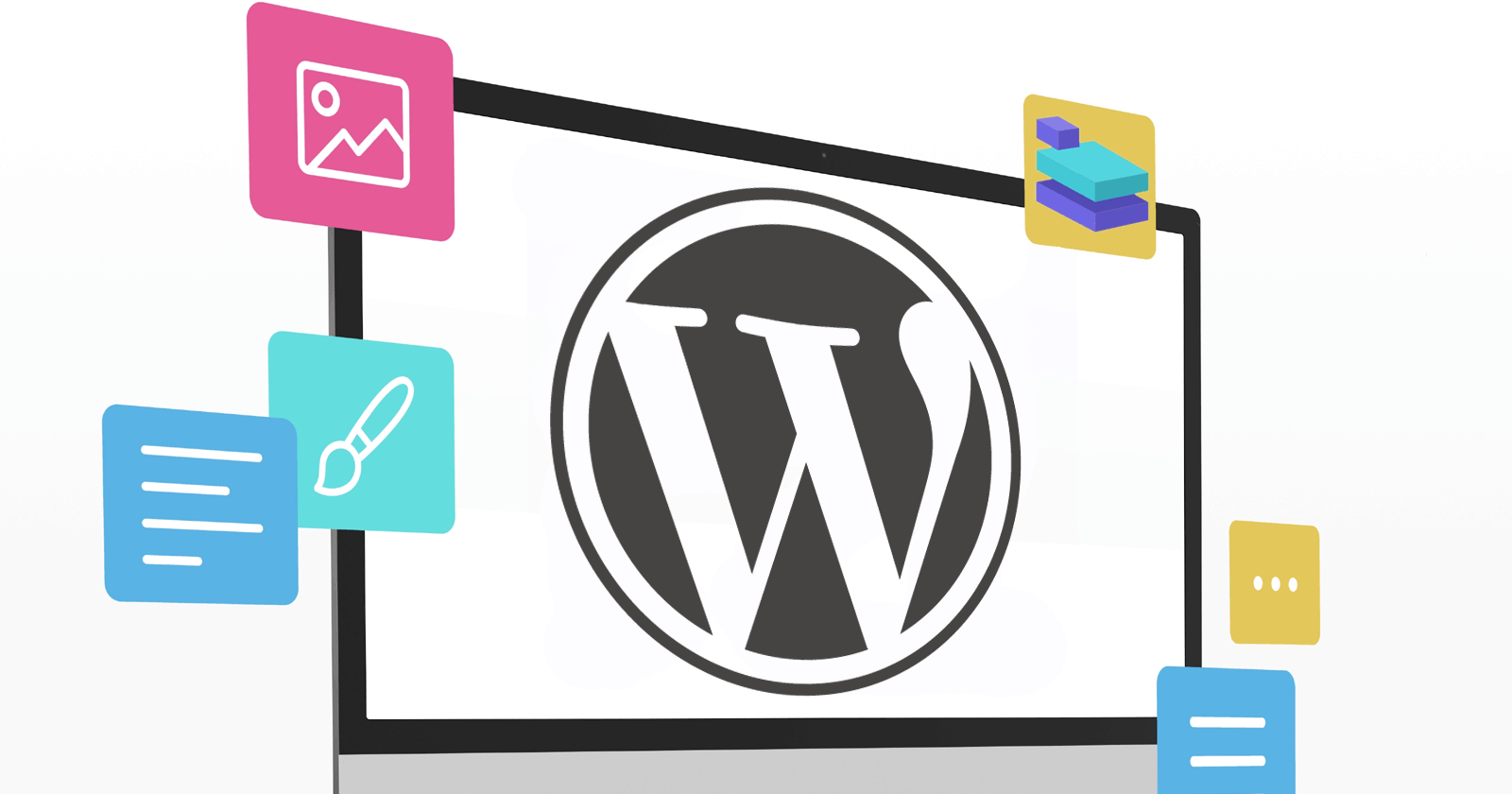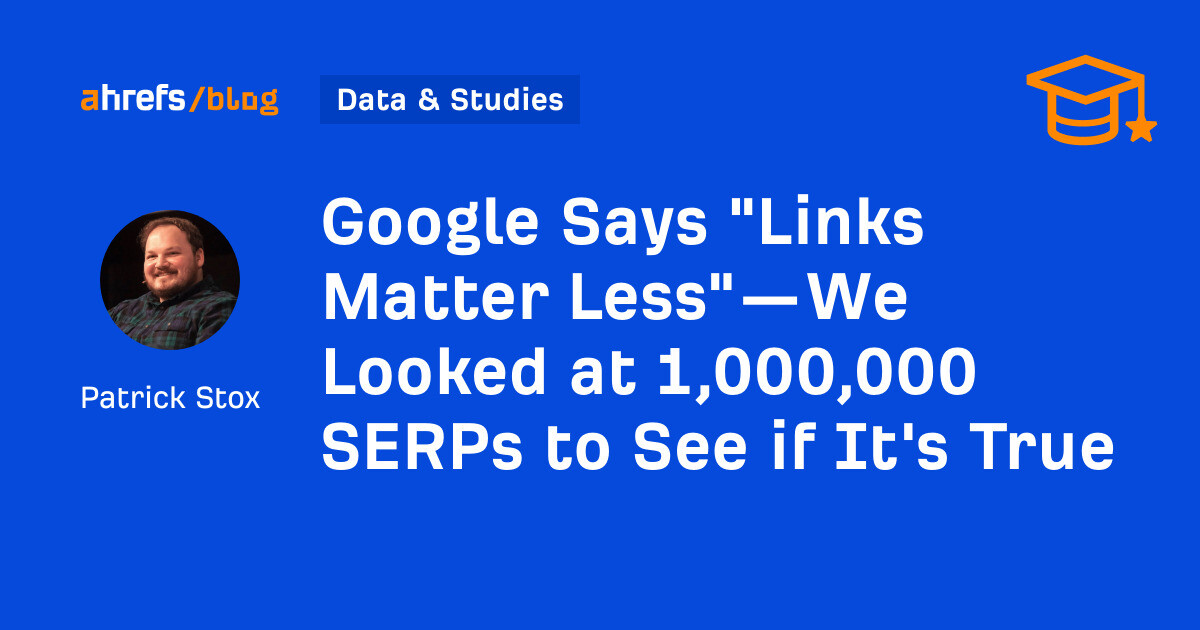Research Shows Differences In ChatGPT And Google AIO Answers via @sejournal, @martinibuster
New research shows that ChatGPT and Google differ in ways that require marketers to tailor their content strategies for each platform The post Research Shows Differences In ChatGPT And Google AIO Answers appeared first on Search Engine Journal.

New research from enterprise search marketing platform BrightEdge discovered differences in how Google and ChatGPT surface content. These differences matter to digital marketers and content creators because they show how content is recommended by each system. Recognizing the split enables brands to adapt their content strategies to stay relevant across both platforms.
BrightEdge’s findings were surfaced through an analysis of B2B technology, education, healthcare, and finance queries. It’s possible to cautiously extrapolate the findings to other niches where there could be divergences in how Google and ChatGPT respond, but that’s highly speculative, so this article won’t do that.
Core Differences: Task Vs. Information Orientation
BrightEdge’s research discovered that ChatGPT and Google AI Overviews take two different approaches to helping users take action. ChatGPT is more likely to recommend tools and apps, behaving in the role of a guide for making immediate decisions. Google provides informational content that encourages users to read before acting. This difference matters for SEO because it enables content creators and online stores to understand how their content is processed and presented to users of each system.
BrightEdge explains:
“In task-oriented prompts, ChatGPT overwhelmingly suggests tools and apps directly, while Google continues to link to informational content. While Google thrives as a research assistant, ChatGPT acts like a trusted coach for decision making, and that difference shapes which tool users instinctively choose for different needs.”
Divergence On Action-Oriented Queries
ChatGPT and Google tend to show similar kinds of results when users are querying for comparisons, but the results begin to diverge when the user intent implies they want to act. BrightEdge found that prompts about credit card comparisons or learning platforms generated similar kinds of results.
Questions with an action intent, like “how to create a budget” or “learn Python,” lead to different answers. ChatGPT appears to treat action intent prompts as requiring a response with tools, while Google treats them as requiring information.
BrightEdge notes that Healthcare has the highest rate of divergence:
“At 62% divergence, healthcare demonstrates the most significant split between platforms.
When prompts pertain to symptoms or medical information, both ChatGPT and Google will mention the CDC and The Mayo Clinic. However, when prompted to help with things like “How to find a doctor,” ChatGPT pushes users towards Zocdoc, while Google points to hospital directories.”B2B Technology niche has the second highest level of divergence:
“With 47% divergence, B2B tech shows substantial platform differences.
When comparing technology, such as cloud platforms, both suggest AWS and Azure. When asked “How to deploy things (such as specific apps),” ChatGPT relies on tools like Kubernetes and the AWS CLI, while Google offers tutorials and Stack Overflow.”Education follows closely behind B2B technology:
“At 45% divergence, education follows the same trend.
When comparing “Best online learning platforms,” both platforms surface Coursera, EdX, and LinkedIn Learning. When a user’s prompt pertains to learning a skill such as “How to learn Python,” ChatGPT recommends Udemy, whereas Google directs users to user-generated content hubs like GitHub and Medium.”Finance shows the lowest levels of divergence, at 39%.
BrightEdge concludes that this represents a “fundamental shift” in how AI platforms interpret intent, which means that marketers need to examine the intent behind the search results for each platform and make content strategy decisions based on that research.
Tools Versus Topics
BrightEdge uses the example of the prompt “What are some resources to help plan for retirement?” to show how Google and ChatGPT differ. ChatGPT offers calculators and tools that users can act on, while Google suggests topics for further reading.
Screenshot Of ChatGPT Responding With Financial Tools

There’s a clear difference in the search experience for users. Marketers, SEOs, and publishers should consider how to meet both types of expectations: practical, action-based responses from ChatGPT and informational content from Google.
Takeaways
Split In User Intent Interpretation:Google interprets queries as requests for information, while ChatGPT tends to interpret many of the same queries as a call for action that’s solved by tools. Platform Roles:
ChatGPT behaves like a decision-making coach, while Google acts as a research assistant. Domain-Specific Differences:
Healthcare has the highest divergence (62%), especially in task-based queries like finding a doctor.
B2B Technology (47%) and Education (45%) also show significant splits in how guidance is delivered.
Finance shows the least divergence (39%) in how results are presented. Tools vs. Topics:
ChatGPT recommends actionable resources; Google links to authoritative explainer content. SEO Insight:
Content strategies must reflect each platform’s interpretation of intent. For example, creating actionable responses for ChatGPT and comprehensive informational content for Google. This may even mean creating and promoting a useful tool that can surface in ChatGPT.
BrightEdge’s research shows that, for some queries, Google and ChatGPT interpret the same user intent in profoundly different ways. While Google treats action-oriented queries as a prompt to deliver informational content, ChatGPT responds by recommending tools and services users can immediately act on. This divergence calls attention to the need to understand when ChatGPT is delivering actionable responses in order for marketers and content creators to create platform-specific content and web experiences.
Read the original research:
Brand Visibility: ChatGPT and Google AI Approaches by Industry
Featured Image by Shutterstock/wenich_mit

 JimMin
JimMin 










![How AI Search Should Be Shaping Your CEO’s & CMO’s Strategy [Webinar] via @sejournal, @theshelleywalsh](https://www.searchenginejournal.com/wp-content/uploads/2025/07/1-264.png)




















